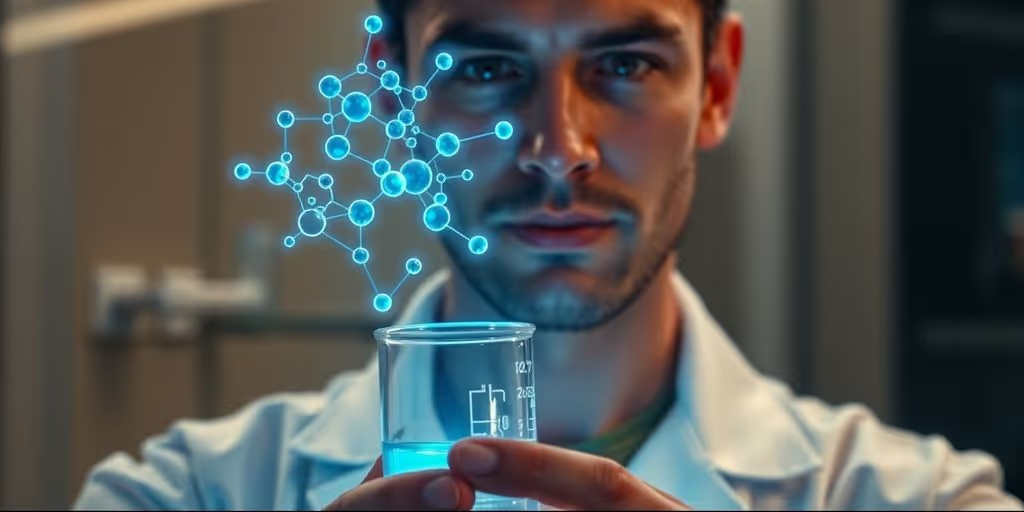
AI is revolutionizing the beauty industry, with chemists now leveraging artificial intelligence to accelerate the development and testing of new cosmetic products. This innovative approach, exemplified by platforms like Albert Invent, streamlines the complex process of understanding ingredient interactions, ensuring safety, and optimizing product performance, significantly reducing the time traditionally spent on research and experimentation.
Cosmetic chemistry, a field traditionally reliant on extensive research and trial-and-error, is undergoing a significant transformation with the integration of AI. The process of formulating beauty products involves numerous variables, including safety, shelf life, texture, and appearance. AI-driven platforms are now simplifying this intricate process.
Albert, an AI platform, is trained on over 15 million molecular structures. This extensive database allows chemists to:
This AI-driven analysis empowers formulators to quickly determine the viability and safety of a concoction, enabling them to either proceed with development or discard the idea efficiently.
Albert Invent partnered with Nouryon, a chemical manufacturing company, to create BeautyCreations, a digital platform for developing new cosmetic formulations. This collaboration has enabled Nouryon's chemists to:
This technology has not only improved the speed and quality of Nouryon's internal product development but also allowed chemists to work from anywhere globally. It also provides insights into market trends, helping prioritize development initiatives.
The molecular AI technology behind platforms like Albert has potential applications far beyond the beauty industry. Experts suggest its utility in other data-heavy sectors. The ability to "digitalize" technical expertise and make it available 24/7 offers accelerated scaling and efficiency in customer support. This technology could also revolutionize personalized medicine by rapidly identifying perfect molecular combinations for targeted therapies. Furthermore, the potential extends to inventing new polymers and batteries, showcasing the broad impact of AI in chemical innovation.